- Home
- Home Heating
Energy Efficient Home Heating Systems
Choosing from the many energy efficient home heating systems available isn't as easy as you might think! It will depend on a lot of things, many of which you may not have even thought about yet. But it is important to think about it (and all aspects of your home improvements) as early as possible so that you can avoid making changes at a later date. Because changes tend to cost more money.
The UK isn’t exactly the warmest of places and as a result we’re all very familiar with home heating boilers.
They take many forms and depending on where you live in the UK, chances are you’ll either use a mains gas boiler or an oil fired boiler. There are of course other options including liquid petroleum gas (LPG), wood pellet boilers and heat pumps to name just a few.
But which are the most energy efficient home heating systems and which will suit what you're planning to do to your home?
Choosing Energy Efficient Home Heating Systems:
The first thing you need to do is decide what you're going to do, to improve the thermal efficiency of your home. The reason I say this is your first step is because until you know what you're going to do to make your home more efficient, you won't have any idea of what sort of heat demand you're going to have.
To put this into context:
Scenario 1 - If I have an old 1910 detached home with solid brick walls, suspended timber ground floor and little loft insulation. That home will have a high heat demand, as soon as the boiler switches off the heat will escape from the house really quickly and the boiler will need to fire again quite soon after it shut off in order to maintain the internal temperature.
Scenario 2 - If on the other hand I upgrade my house as recommended throughout this website to add breathable insulation to the walls, floors and loft. I draught proof it and add appropriate ventilation to reduce the risk of condensation. Now my home retains the heat for much longer and I've reduced the heat demand as my boiler doesn't need to fire as often.
In scenario 1, if I'm trying to choose from the many energy efficient home heating systems available to me, I'm going to rule out electric heating and heat pumps straight away as my home just isn't thermally efficient enough. If I were to install one of these, the electric bills would be terrifying!
However, in scenario 2, heat pumps and electric heating are still an option as the house is thermally efficient enough to justify their use.
Obviously there are other things to consider when choosing energy efficient home heating systems, but I'll get into the specifics within each of the specific articles relating to each option.
Types of Energy Efficient Home Heating Systems:
There are lots of energy efficient home heating systems available to you, and I've decided to talk about the most common options below. You can get more information on each by clicking on the links to go to the specific articles.
Wood Pellet Boilers:
Wood pellet boilers are one of three types of biomass boiler available to homeowners and also the most popular. They were quite popular while the government incentives were in place, but less so now, read more here...
Air Source Heat Pumps:
There's a big push on air source heat pumps within the UK at the moment as they’re seen to be a good median option. By this I mean they fit most homes (sort of) and are relatively affordable (sort of).
They work like a fridge in reverse, imagine the coil on the back of your fridge is the radiators in your home and the inside of the fridge is the space outside your home.
Using electricity as the fuel source, the system draws heat from the outside air and releases it via the radiators (or underfloor heating pipes) within your home. For a more details see this article.
Ground Source Heat Pumps:
These work just like an air source heat pump, but instead of taking heat from the air (which will vary in temperature at different times of the year) the ground source heat pump draws the heat from the ground which stays fairly constant all year round. Read more on ground source heat pumps here.
Far Infrared Heating:
This is a form of electric heating that heats the objects in the room (your body) as opposed to the air. The manufacturers would have us believe that this means you can have the temperature in the room lower, therefore reducing your electric usage.
I have tried a portable unit in my office and it does produce a very pleasant feeling. Its almost like the heat you feel when outside on a summers day with the sun shining on you.
My difficulty with it is it can’t compete with the COP from heat pumps. With far infrared heating one unit of electricity produces one unit of heat.
Advantages of far infrared heating:
- Installation is relatively straightforward - because there are no pipes involved the emitters (radiators) can be placed on the ceiling or high up on walls.
- Freedom to place furnishings anywhere - as the emitters can be placed on the ceiling or high up on your walls (disguised as mirrors or pictures) you can place your furniture anywhere as you don’t have to worry about blocking radiators.
- If you have a small property the installation costs can be quite reasonable.
- No servicing required.
Disadvantages of far infrared heating:
- COP is 1
- In order to be efficient your home will need to be well insulated and airtight.
- They must not be obstructed, because they heat the materials in the room such as you and the furniture, they need clear line of sight.
Condensing Gas (and Oil) Boilers:
As time goes by more and more of us will have a condensing boiler (boilers fitted after 2005 will typically be condensing), but what are they?
In the most simplistic terms a condensing boiler takes the, very hot, flue gasses and puts them through a heat exchanger where some of the wasted heat is extracted and put it back into your heating system, meaning they're at least 90% efficient.
Advantages of a Condensing Gas Boiler:
- Cost - they will be cheaper to buy and install than an air source heat pump.
- Cheaper to run when compared with non condensing boilers.
- They use less electricity than a traditional boiler, so they are a little greener.
Disadvantages of a Condensing Gas Boiler:
- Uses fossil fuels - yeah I know, its a big one, but it will use less gas than an old non condensing boiler.
Your Current Heating System:
I know, this is supposed to be an article about the most energy efficient home heating systems, so why would I want to talk about your current system?
It’s easy to fall for all the shiny new technologies, but it’s way greener to use what you have, while it’s still in good condition.
You’ve probably already noticed a bit of a pattern in this article so far. Every one of the above "most energy efficient home heating systems" mentioned (and for that matter all heating systems ever produced or thought about) works more efficiently if your home is well insulated and draught proofed, because your home will retain the heat longer meaning the boiler will need to fire less often.
So guess what?
If you were to focus on the fabric of your building and get it as efficient as possible, your current heating system, no matter what it is, will become more efficient.
So instead spending £10,000 + plus on an air source heat pump, for an old inefficient home. Why not spend your money getting it really well insulated and draught proofed.
Then, after improving the fabric of your home, if you want to get a heat pump or one of the other heating methods, you’ll be able to specify one that’s smaller and therefore cheaper to buy and cheaper to run. win win!
When trying to choose the most energy efficient home heating system for your home, especially if it's an older home, don't just look at cost of install and fitting. You also need to consider how efficient the fabric of your home (walls, floor and roof) are as these will have a huge impact on the cost of running the system.
If there's scope to improve the fabric, my personal opinion is, you’re wasting money if you don’t do that before choosing the your new heating system.
If you’re not sure what you should be doing with the fabric of your home my ebook “Old House to Efficient House” will walk you through the process.
Or if you don’t have the time to read the ebook, I can do the same thing on a video consultation that’ll take just 60 minutes.
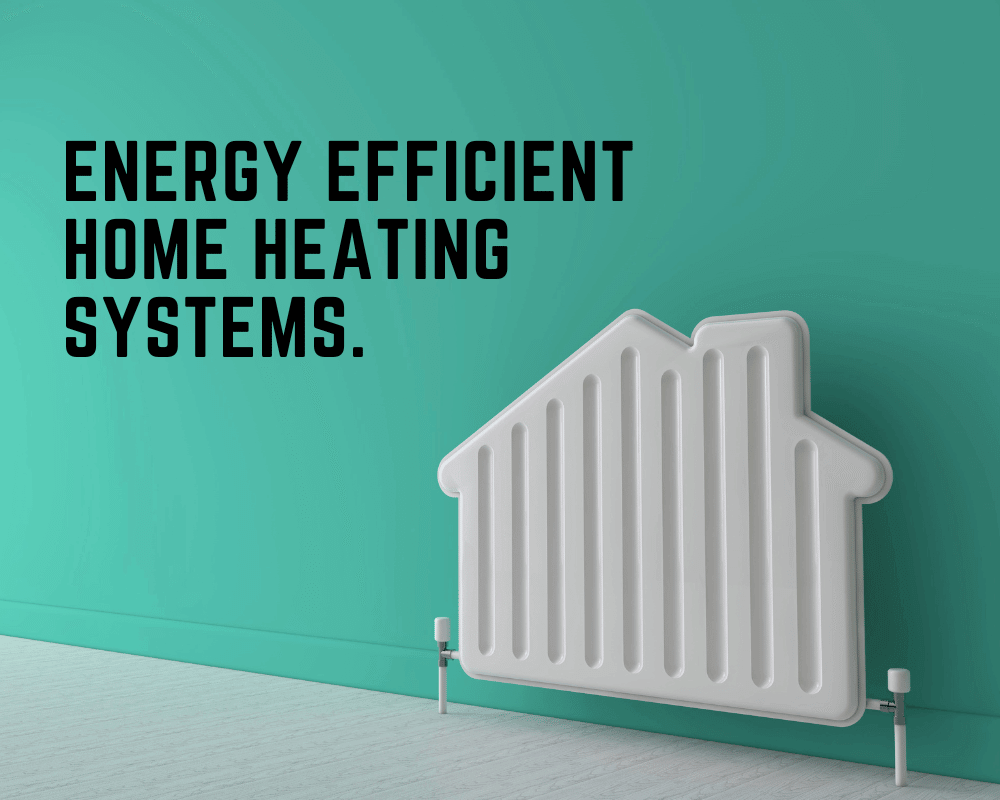
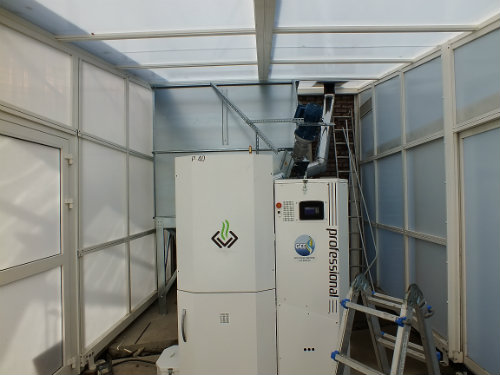
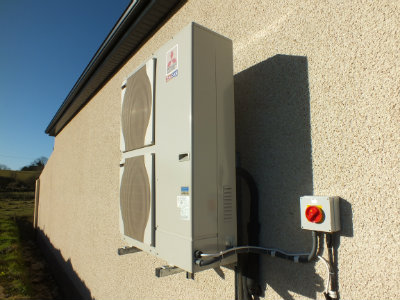
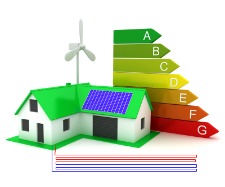
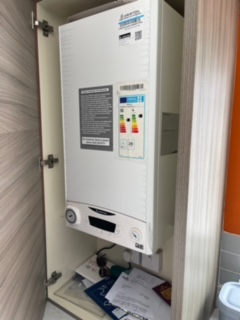

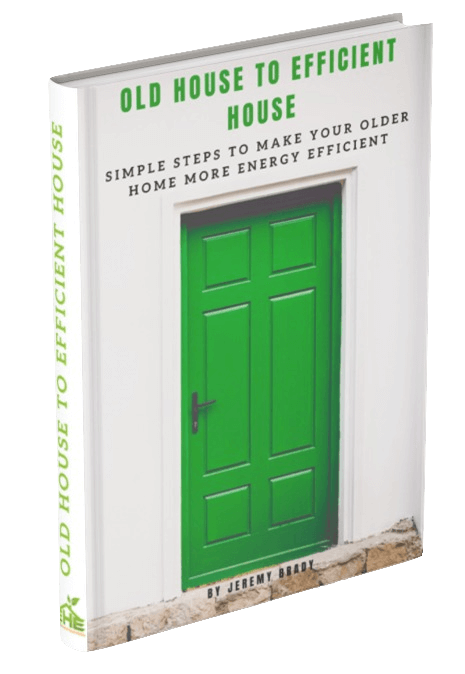





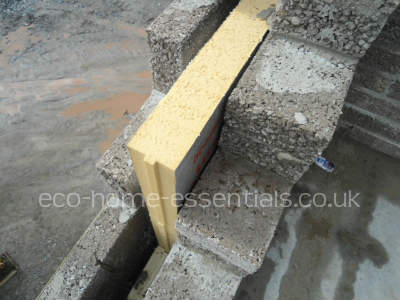
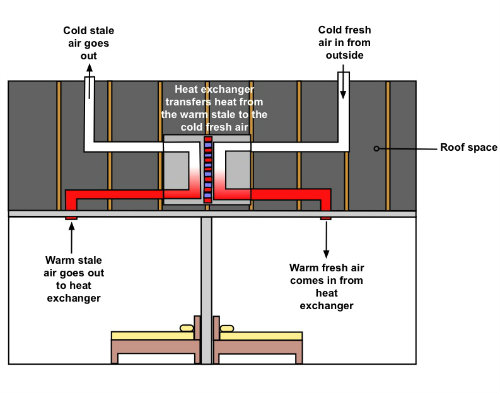
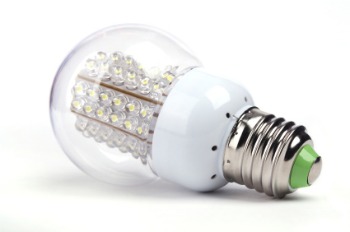
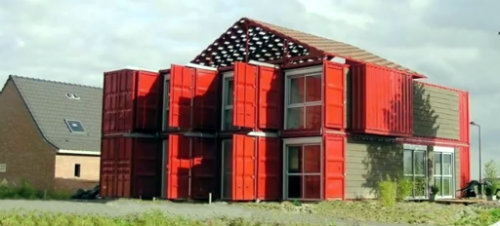
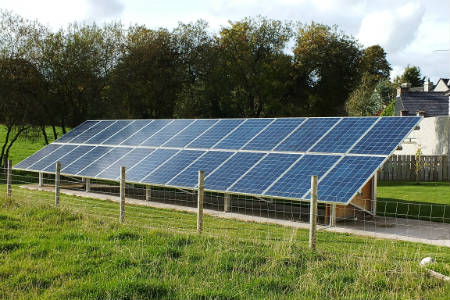
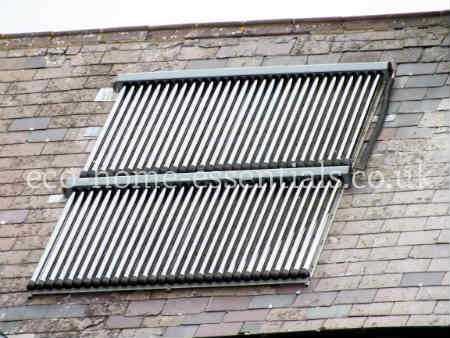
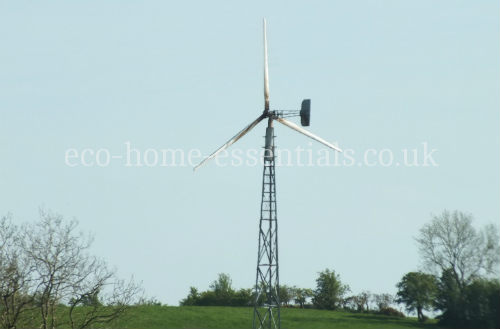
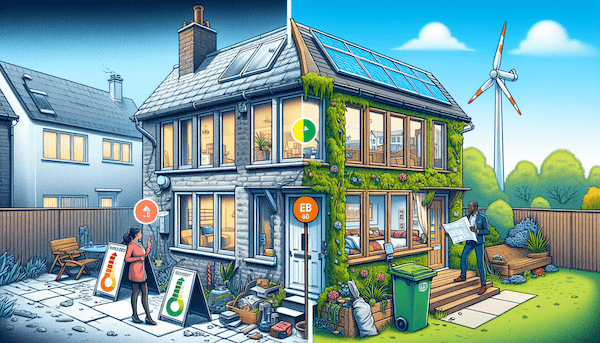
New! Comments
Have your say about what you just read! Leave me a comment in the box below.